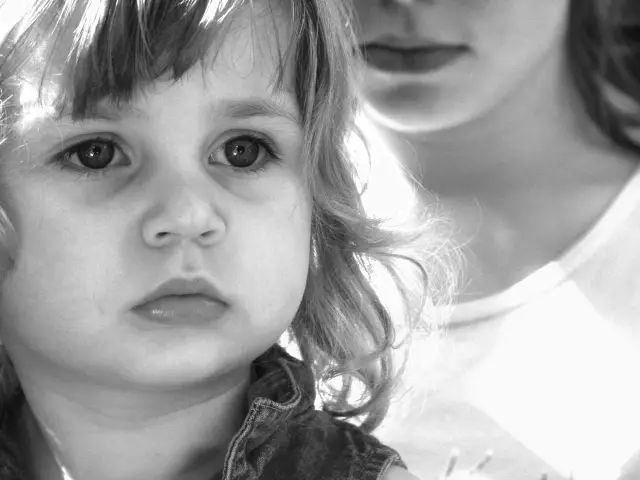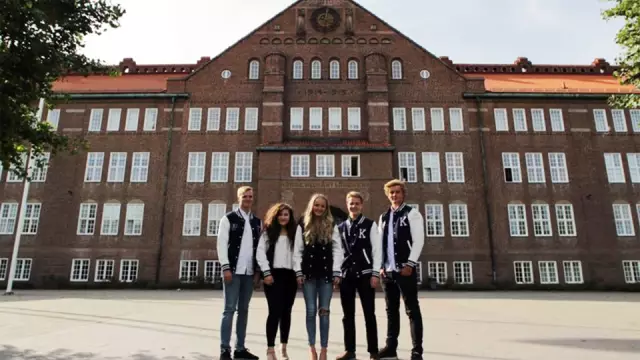- Author Rachel Wainwright wainwright@abchealthonline.com.
- Public 2023-12-15 07:39.
- Last modified 2025-11-02 20:14.
Social and moral education

Social and moral education is an active and purposeful pedagogical process that forms moral qualities, moral values and correct behavior in society.
Features of the social and moral education of preschoolers
Social and moral education of children begins from the first years of life and is based on the formation of positive qualities of a person.
A child in preschool age should be instilled in moral qualities through labor activity, creativity and play forms of education. In the process of communication in preschool institutions, the child shows his character, forms social and moral qualities, positions himself as a citizen and determines his position in society.
In order for the social and moral education of preschoolers to be effective, it is necessary to carry out systematic educational work with children. Labor activity plays an important role in the upbringing process, in the process of which the child develops, achieves its goals and improves his skills.
Social and moral upbringing of children should be implemented in close interaction between parents and preschool educators. The formation of the social and moral qualities of the child should be carried out within the framework of his social life and interaction in the children's team.
Methods of social and moral education in preschool educational institutions
In preschool educational institutions, the social and moral education of children is carried out according to special pedagogical programs and areas. Pedagogical programs consist of the most effective means and methods of education that form a socially developed and moral personality.
The main means of social and moral education in a preschool educational institution include:
- Artistic means affecting the emotional and spiritual sides of the child (literary works, art, music, theater and cinema);
- Natural remedies that form humanity, empathy, respect for the outside world and a civic position in a child;
- Activity tools that develop the child's abilities, responsibility, hard work and dedication (work, creativity, play, etc.);
- Contact means that are aimed at the child's communication and self-realization in society, socialization and self-identification.
Social and moral education in a preschool educational institution will be realized only if positive conditions and a moral atmosphere in the team are created. The child should be surrounded by a comfortable environment filled with kindness, support, humanity and care.
Methods of social and moral education of preschoolers are forms of pedagogical influence that form a moral personality.
In modern preschool pedagogy, the following methods of social and moral education are distinguished:
-
Methods that shape the child's moral behavior (assignments, requirements, examples, exercises and assignments);

Social and moral education of preschoolers - tasks and techniques - Methods that form moral consciousness (sample, example, suggestion, conversation, request, explanation);
- Methods of encouragement and incentives (award, competition, competitions and tournaments);
- Methods that reveal intellectual and creative abilities (creativity, gameplay, handicrafts, sports exercises, logic tasks, etc.).
Each method of social and moral education must correspond to the goals and objectives of education, the age and interests of children. For social education methods, parents and teachers need to prepare the conditions and atmosphere, as well as the logical conclusion.
An important component of the social and moral education of preschoolers is communication and communication between children. Constant interaction, exchange of knowledge and experience help children to establish social ties, actively develop and form positive skills of life in society.
Found a mistake in the text? Select it and press Ctrl + Enter.






